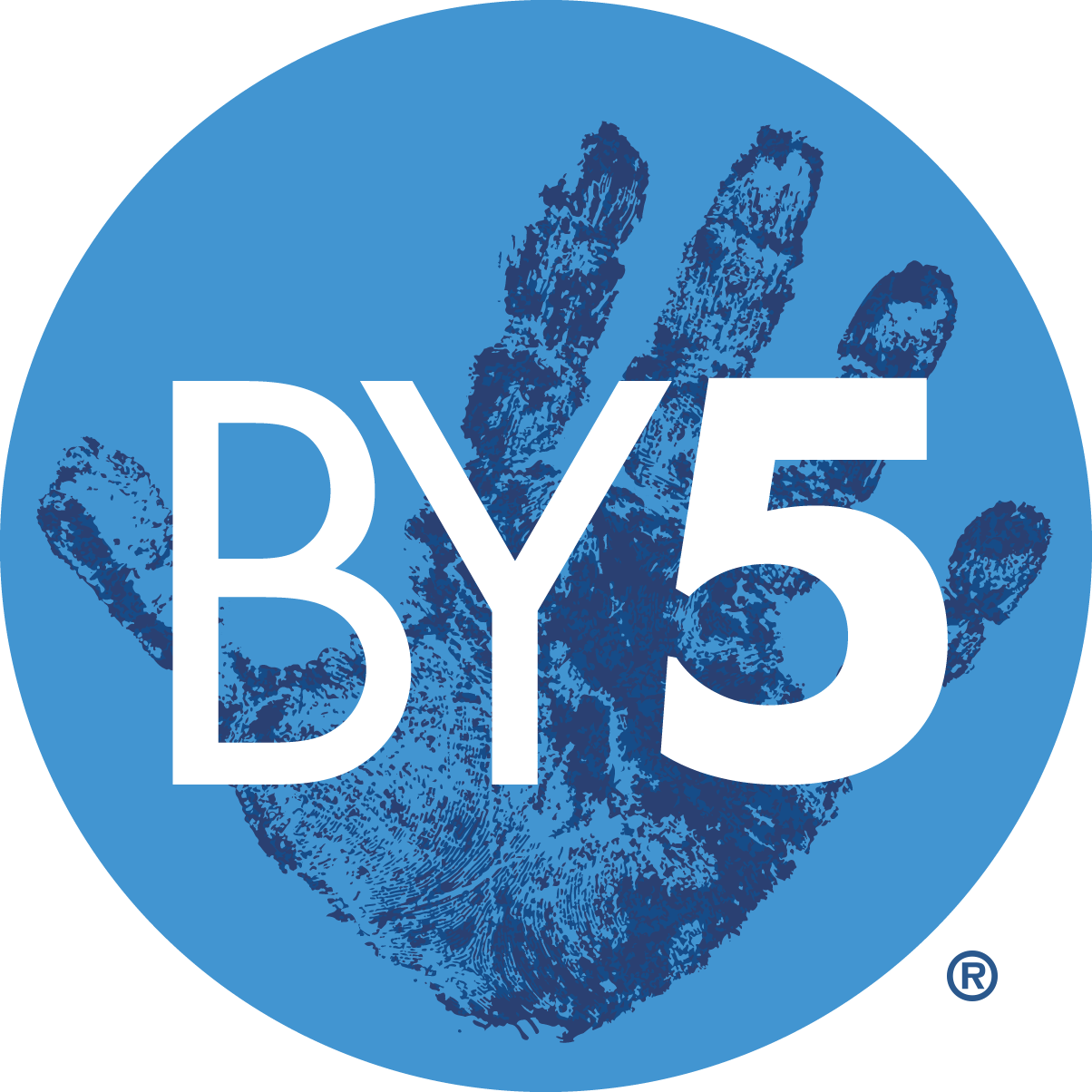Due to recent guidelines regarding COVID-19, this month's Year of Healing Seminar was postponed (new date TBD). The following information recaps what this month's seminar would have covered. It has not yet been determined if April's meeting will be postponed as well. Check the 2020: Year of Healing Facebook page for additional updates and information.
Gun Safety
Even if you do not have guns in your home, it's important to talk to your children about guns and the danger they can pose.
Teach your kids to follow these rules if they see a gun:
Stop what they're doing.
Do not touch the gun, even if it looks like a toy.
Leave the area where the gun is.
Tell an adult right away.
If you allow your child or teen to use a gun for recreation, it is very important that you:
Store the gun unloaded and locked up. Lock up the bullets separately and hide all keys.
Make sure that your child or teen understands that it is never OK to handle a gun
without a responsible adult there.
Teach your child or teen to assume a gun is loaded and
never to point a gun at someone.
Set a good example with your own safe gun handling practices.
Source: kidshealth.org
Water Safety
Fact: Children can drown in as little as 2 inches of water.
Parent Tips:
Empty water from buckets and other containers immediately after use.
Use toilet locks to prevent the drowning of toddlers. Do not leave young children alone in the bathroom.
Never leave young children unsupervised in the bathtub.
Avoid using infant seats in the bathtub due to a tip-over risk.
Fact: Research has found that swim lessons benefit children starting around age 1 and may lower drowning rates. But remember—even the best swim lessons can’t “drown-proof” a child.
Parent Tips:
Look for swim programs that teach children how to get out if they end
up in the water unexpectedly. Talk with your child’s health care
provider about whether she is ready for swim lessons.
When infants or toddlers are in or around the water, an adult with swimming skills should supervise and always stay within an arm’s length, providing constant “touch supervision.”
Don’t assign older children to supervise younger children near bathtubs, pools, spas, or other open water.
Source: zerotothree.org
Safe Sleep
Just because a baby is sleeping, that doesn't mean the baby is free from dangers. To ensure babies are safe overnight, follow the ABCs of safe sleep:
A is for Alone
Babies should be placed alone in their cribs. All choking hazards should be removed.
B is for Back
Babies should always be placed on their backs to reduce the risk of Sudden Infant Death Syndrome.
C is for Crib
Babies should be placed in a crib that meets modern safety standards. It's okay for the crib to be in your room, but babies should never sleep in your bed with you.
Safe Haven Law
The Indiana Safe Haven Law enables a person to give up an unwanted infant anonymously without fear of arrest or prosecution. As long as there are no signs of intentional abuse on the baby, no information is required of the person leaving the baby.
Any knowledge of the date of birth, race, parent medical history, child's health or anything that would be useful to the child's caregiver would be greatly appreciated.
Safe Haven boxes are usually located outside fire stations or hospitals. The boxes are like incubators, with heating and cooling features. The baby must be 30 days old or younger. An alarm notifies 911 as soon as a baby is placed inside, so that first responders can take the child to a hospital. Once the baby is examined and given medical treatment (if needed), the Indiana Department of Child Services will take the baby into custody through Child Protective Services, where it will be placed with a caregiver.
Source: in.gov
Shaken Baby Syndrome
Shaken baby syndrome is a form of child abuse and is the most common cause for inflicted brain injury in the first 2 years of life. Shaking a baby can cause irreversible brain damage, learning disabilities, intellectual disability, blindness, deafness, seizures, paralysis or death. Infants who survive severe shaking may need lifelong medical care.
Many new parents and caregivers may not understand that crying is the baby's only way to communicate, and that some babies cry more than others.
Here are a few tips to remember when your baby just won't seem to stop crying:
Make sure the baby is fed and dry.
Feed the baby slowly.
Burp the baby often.
Rock the baby gently or go for a walk.
Take the baby for a ride in a stroller or car.
Try a wind-up infant swing.
If you're feeling overly tense or angry and you think you may shake or hit your baby, lay them in a safe place such as the crib and walk away for a short break. Call a friend or a family member and try to get help taking care of your baby. Sometimes being the primary caregiver can be overwhelming. Asking for help is the best thing to do for both you and your baby.
Source: urmc.rochester.edu
2020: The Year of Healing is a year-long initiative developed by Muncie BY5 and Huffer Memorial Children’s Center aimed at educating child care providers on trauma. The monthly programs are designed to inform providers on not just the types of trauma children face, but also how to appropriately tailor care for children who have experienced those adverse situations.
